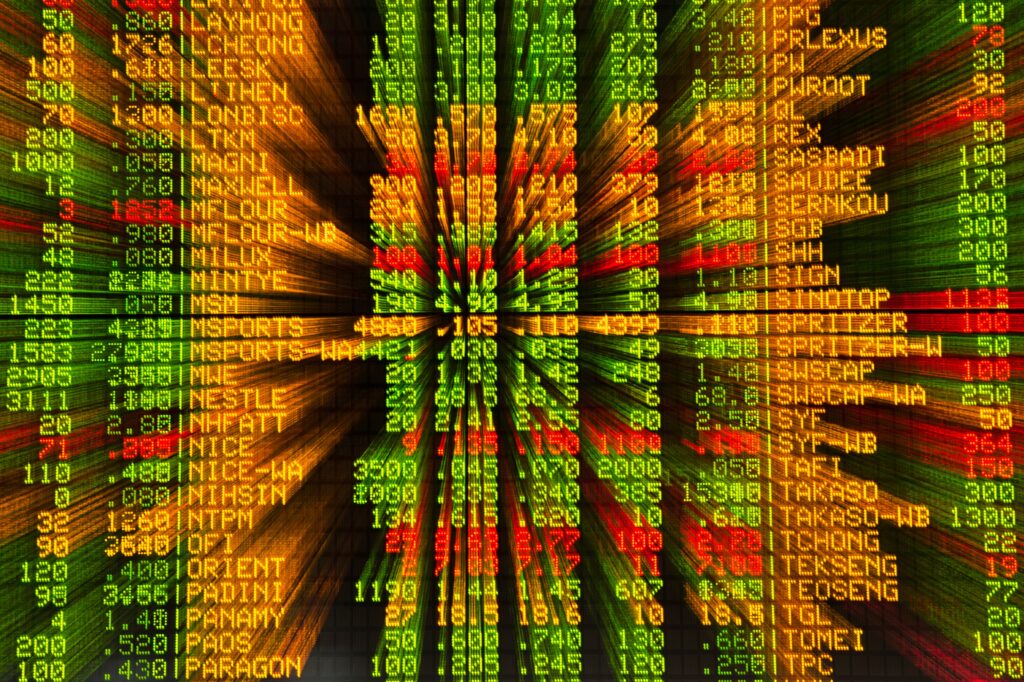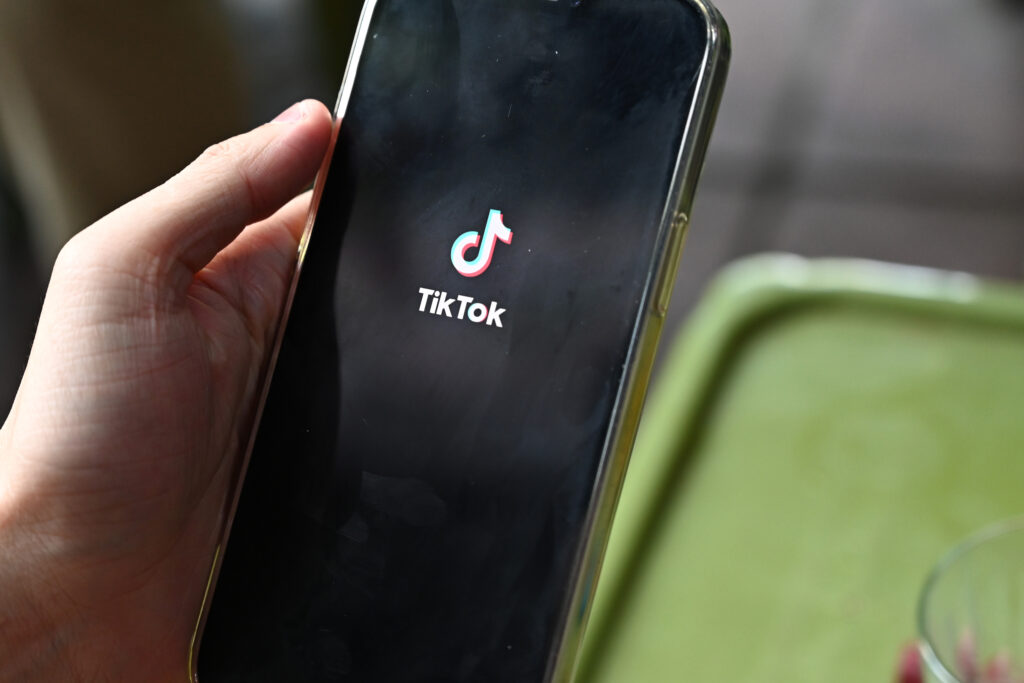Stocks rise as investors look to more Fed rate cuts
World stock markets mostly rose Friday as investors speculated that the US central bank will cut rates not just this month, but ease monetary policy again throughout next year.Upcoming key US inflation data could cement such expectations, dealers said, pointing to the personal consumption expenditures (PCE) index, the Fed’s preferred gauge of inflation.A below-forecast reading would be tipped to ramp up expectations of several rate reductions in 2026, following the near-certainty of a cut next week.”With the December rate cut apparently in the bag, thoughts are turning to the pace and level of subsequent reductions next year,” noted Richard Hunter, head of markets at Interactive Investor.Optimism has been underpinned by reports reinforcing the view that the US jobs market is softening.- Netflix takeover -Netflix’s takeover of Warner Bros. Discovery, announced before Wall Street’s opening, caught investor attention in early New York business.The deal represents the biggest consolidation in the entertainment sector this decade but could, according to analysts, run into regulatory problems because of its size.Netflix shares were more than 1.5 percent lower in early New York trading, while Warner Bros. Discovery shares rose 2.5 percent.Earlier Friday in Asia, Mumbai equities won a boost from a rate cut by the Indian central bank.The rupee, which this week hit a record low against the dollar, rose.On the corporate front in Asia, shares in Chinese group Moore Threads Technology, which makes chips for the artificial intelligence sector, soared more than 500 percent on its market debut in Shanghai after the company raised $1.1 billion in an initial public offering.”This IPO has become a barometer for faith in China’s next-gen AI‑chip ambitions,” said Dilin Wu, research strategist at Pepperstone.In Europe, shares in Swiss Re were down more than six percent after the reinsurance giant’s profit target for 2026 and plans for share buybacks disappointed financial analysts.- Key figures at around 1445 GMT -New York – Dow: UP 0.3 percent at 47,978.91 pointsLondon – FTSE 100: DOWN 0.2 percent at 9,696.08Paris – CAC 40: UP 0.1 percent at 8,117.18Frankfurt – DAX: UP 0.9 percent at 24,097.02Tokyo – Nikkei 225: DOWN 1.1 percent at 50,491.87 (close) Hong Kong – Hang Seng Index: UP 0.6 percent at 26,085.08 (close)Shanghai – Composite: UP 0.7 percent at 3,902.81 (close)Euro/dollar: UP at $1.1653 from $1.1648 on ThursdayPound/dollar: UP at $1.3350 from $1.3335Dollar/yen: UP at 155.17 yen from 155.03 yenEuro/pound: UP at 87.27 pence from 87.00 penceBrent North Sea Crude: FLAT at $63.14 per barrelWest Texas Intermediate: DOWN 0.1 percent at $59.61burs-jh/rlp




